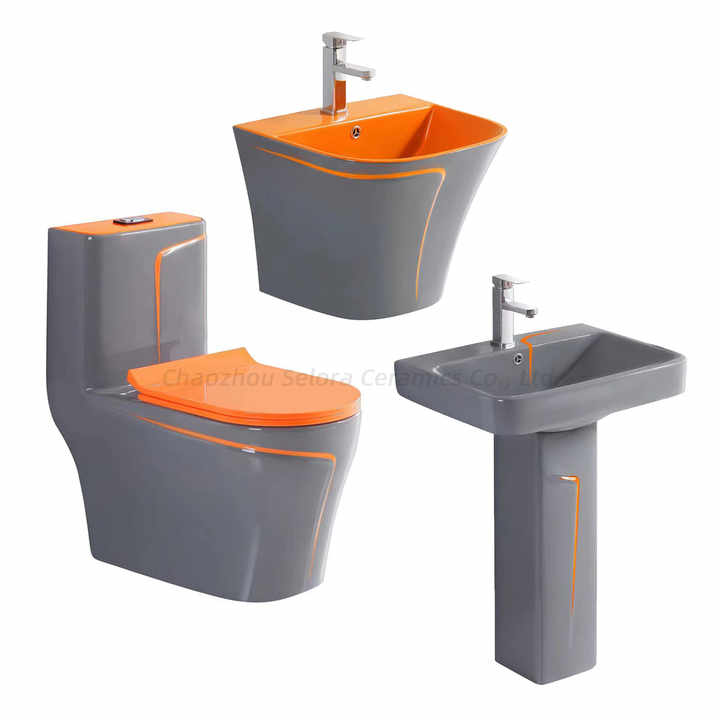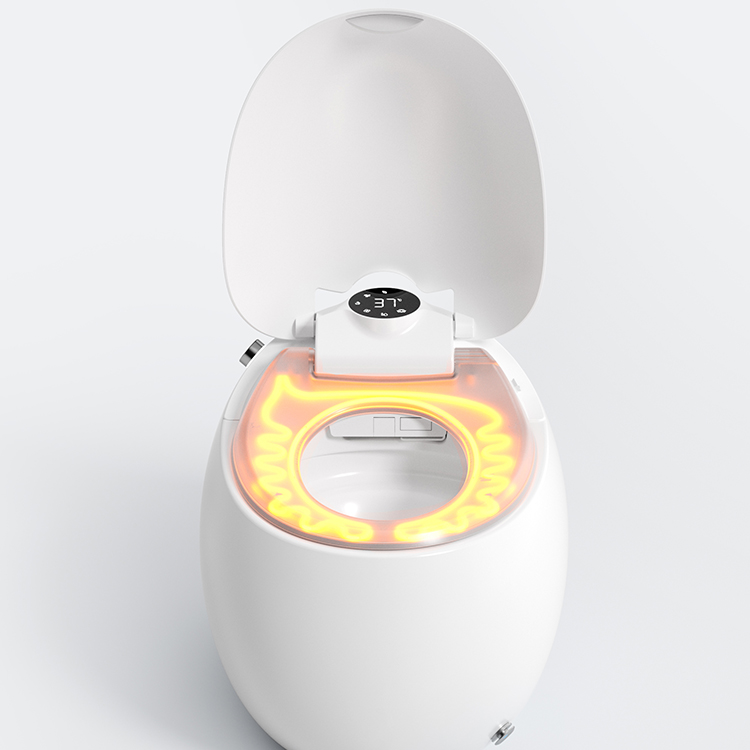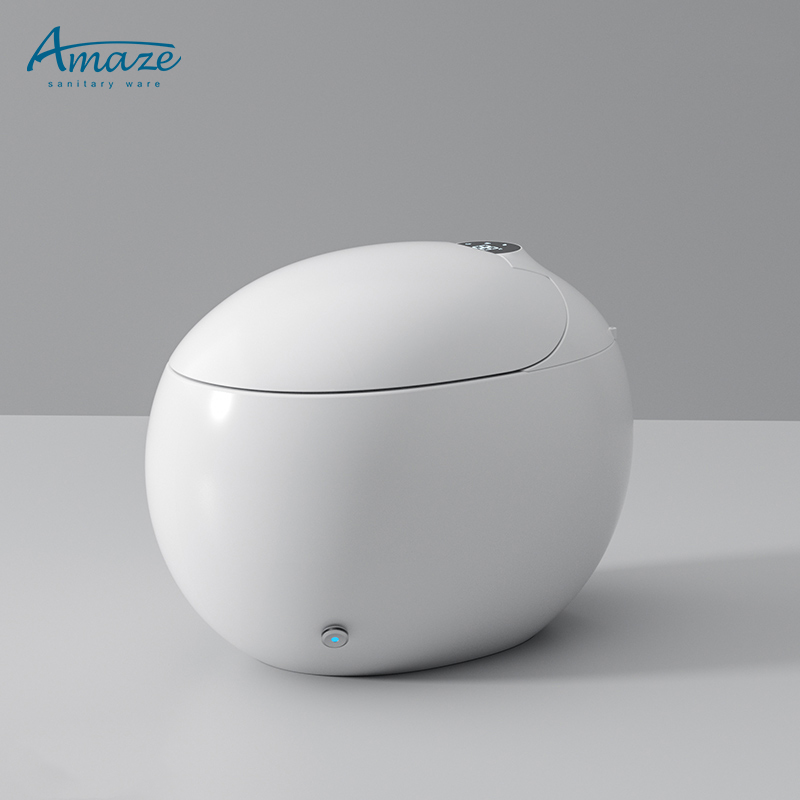In recent years, the tourism industry has witnessed a transformative trend towards modular construction, a method that utilizes prefabricated units to create efficient and sustainable lodging solutions. The remarkable benefits of this innovative approach are revolutionizing the way we perceive travel accommodations.

One significant advantage of modular construction is its emphasis on sustainability. These structures often require fewer raw materials and generate less waste compared to traditional building methods. As modern travelers become increasingly environment-conscious, eco-friendly lodging options are becoming a major draw for tourism businesses.
Moreover, modular construction allows for faster design and execution times. With sections built off-site and then transported to the final location, hotels and lodges can open their doors to guests much more quickly than with traditional construction methods. This efficiency not only reduces initial investment costs but also allows operators to respond swiftly to market demands.

In addition to being sustainable and efficient, modular construction encourages creativity in design. Hotel owners can customize the layout and appearance of prefabricated units, leading to unique accommodations that can enhance the overall guest experience. From charming boutique hotels to luxurious resorts, modular construction appears to be the future of tourism accommodation.
As the tourism sector continues to evolve, it is essential that stakeholders embrace these innovative solutions. Ay investing in modular construction, businesses can not only meet current travel demand but also position themselves favorably for future growth.

In conclusion, the rise of modular construction in the tourism sector signifies a revolutionary shift where sustainability, efficiency, and creativity take center stage. Embracing these innovative lodging solutions not only enhances guest experiences but also promises a brighter and more sustainable future for the tourism industry.

